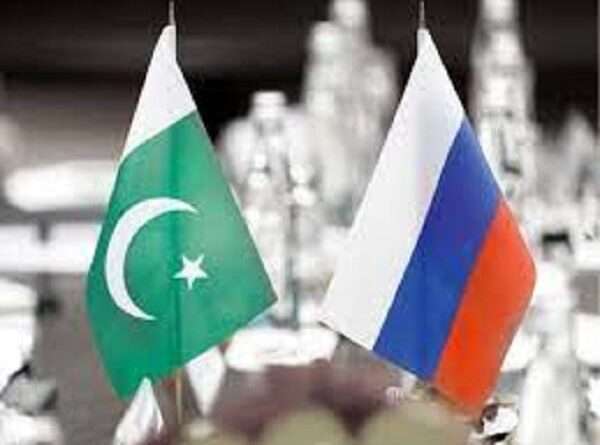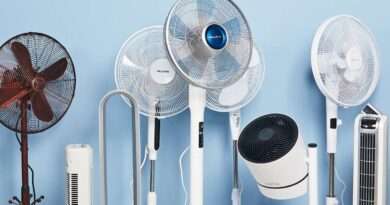Pakistan-Russia Industrial Cooperation
|
Getting your Trinity Audio player ready...
|
Protocol Signed to Enhance EV Assembly, E-Commerce, Pharmaceuticals, Agricultural Machinery, and More
ISLAMABAD: Pakistan and Russia have entered into a significant protocol agreement aimed at fostering cooperation across several key industrial sectors. This collaboration promises to bring advancements in electric vehicle (EV) assembly, e-commerce, pharmaceuticals, agricultural machinery, and more.
H1: Comprehensive Cooperation Agreement
H2: Electric Vehicle Assembly
Russia has pledged extensive support for Pakistan in assembling electric vehicles, including buses, to boost local market competitiveness. This initiative, led by the Russian company Sinara-Transport Machines JSC, focuses on both supply and assembly aspects of EVs.
H2: Standardization and Metrology
The Federal Agency on Technical Regulating and Metrology (GOST R) and the Pakistan Standards and Quality Control Authority (PSQCA) are on track to sign a Memorandum of Understanding (MoU). This MoU will cover standardisation, metrology, and conformity assessment, paving the way for enhanced cooperation in these critical areas.
H2: E-Commerce Development
Both countries have expressed mutual interest in developing e-commerce, focusing on creating digital platforms and technologies that facilitate trade and cross-border transactions. This development aims to modernise and streamline the trading processes between the two nations.
H2: Railway Infrastructure
Russia is prepared to supply modern railway equipment, including tracks, rolling stock, maintenance machinery, and urban electric transport. This initiative aims to connect Pakistan’s railway infrastructure to the North-South International Transport Corridor, enhancing the efficiency and connectivity of the nation’s transportation network.
H2: Agricultural Machinery
Explorations are underway for cooperation in agricultural machinery and food processing equipment. Several Russian firms, including Rostselmash LLC and Petersburg Tractor Plant JSC, have shown interest in these initiatives. Local assembly of agricultural machinery in Pakistan is a key aspect of this collaboration, which could significantly boost the country’s agricultural productivity.
H2: Mining Sector Collaboration
The agreement also focuses on the mining sector, with plans for information exchange and the supply of mining equipment. This collaboration aims to enhance Pakistan’s mining capabilities and resource extraction efficiency.
H2: Pharmaceuticals and Medical Devices
Both countries have agreed to expand cooperation in pharmaceuticals and medical devices. Joint ventures are being considered for manufacturing therapeutic and diagnostic equipment, such as MRI machines, microscopes, and mechano-therapy devices. Zavod Medsintez LLC has expressed interest in localizing the production of diabetes medicine in Pakistan.
H2: Food and Agriculture
Efforts are underway to improve Pakistani food supplements’ access to the Russian market and to procure polio vaccines. Discussions include reviewing Pakistani dossiers on heat-treated beef and mutton, with Russia committing to swift evaluations. Pakistan has requested Russian investment in agricultural projects, particularly in shrimp and fish farming.
H2: Veterinary and Food Safety
Pakistan plans to finalize an MoU on pesticide and agrochemical safety by December 10, 2024. Additionally, Pakistan will review Russian requests for veterinary certificates for various food and aquatic products, including fish, crustaceans, mollusks, and live aquatic animals. The resolution of payment issues for the FMD vaccine supplied by ARRIAH is also a priority, with aims to resume vaccinations after successful trials.
H2: Market Access and Trade Facilitation
Both countries are committed to improving market access for Pakistani sports goods, sportswear, food supplements, and regulated agricultural products in Russia. Continued collaboration with Russian authorities to register rice establishments is also on the agenda.
H2: Conclusion
These developments signify a new era of cooperation between Russia and Pakistan, with wide-ranging industrial projects aimed at fostering growth, innovation, and mutual benefit. The collaboration is expected to bring substantial economic benefits to both nations.
H2: FAQs
H3: What sectors are covered under the Pakistan-Russia cooperation agreement?
The agreement covers sectors including electric vehicle assembly, e-commerce, pharmaceuticals, agricultural machinery, mining, railway infrastructure, and food and agriculture.
H3: What is the significance of the MoU between GOST R and PSQCA?
The MoU between GOST R and PSQCA will focus on standardisation, metrology, and conformity assessment, enhancing cooperation in these critical areas.
H3: How will this agreement impact Pakistan’s e-commerce sector?
The agreement aims to develop digital platforms and technologies, facilitating trade and cross-border transactions, which will modernise and streamline Pakistan’s e-commerce sector.
H3: What role does Russia play in Pakistan’s railway infrastructure development?
Russia will provide modern railway equipment, tracks, rolling stock, and maintenance machinery to connect Pakistan’s railway infrastructure to the North-South International Transport Corridor.
H3: How will this cooperation benefit Pakistan’s agricultural sector?
The collaboration will focus on local assembly of agricultural machinery and food processing equipment, enhancing productivity and efficiency in Pakistan’s agricultural sector
SEE ALSO
https://skipper.pk/2024/12/17/combatting-smuggling-in-pakistan/




